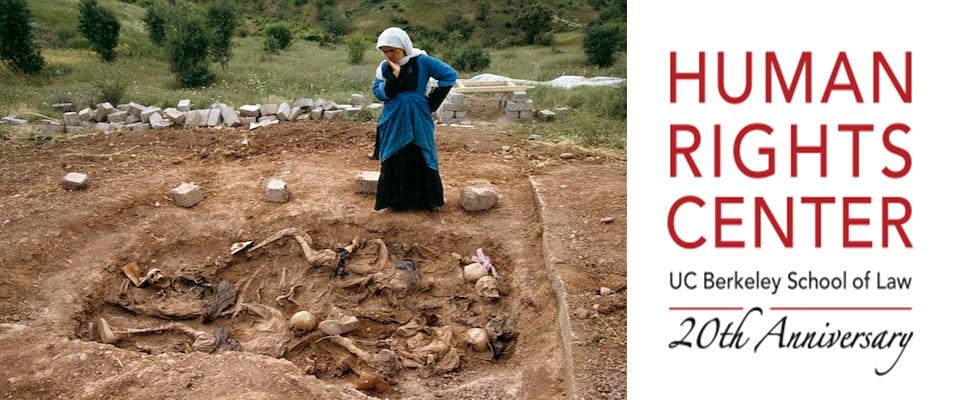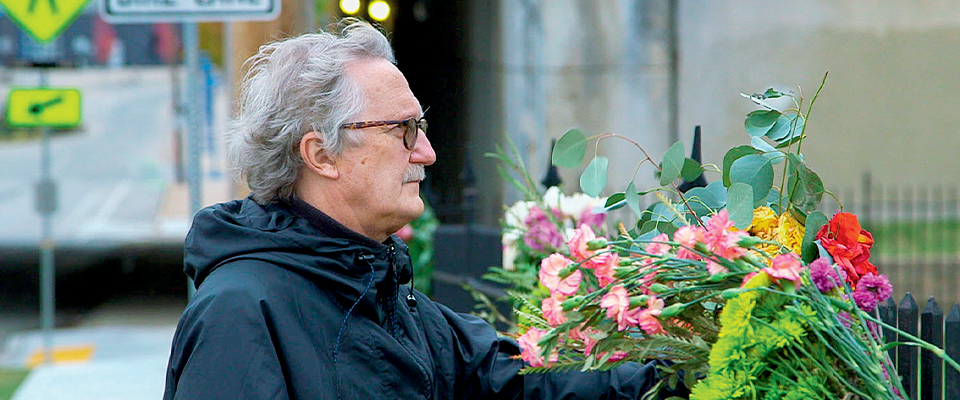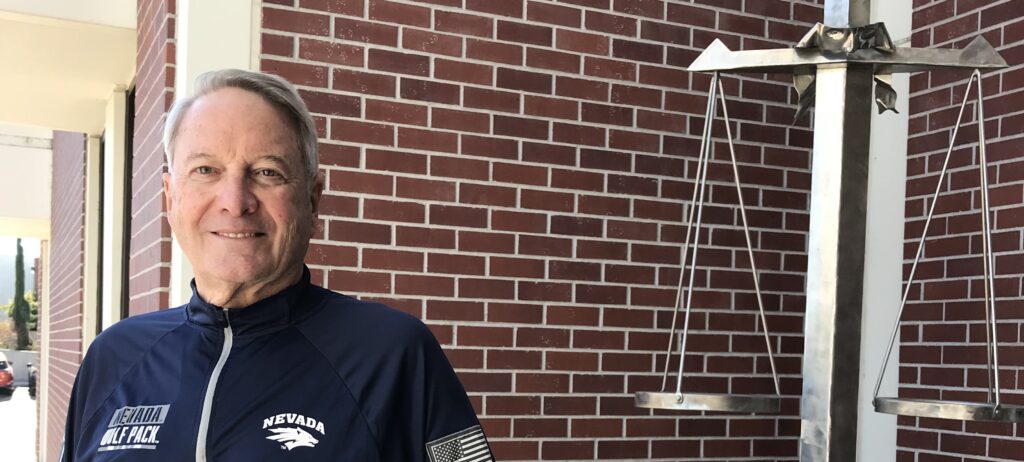What happens when the final fusillade of bullets echoes into silence and a violent conflict comes to an end? What of the unidentified victims heaved into mass graves, the children torn from their parents, the families driven from their pulverized homes, the women and girls traumatized by rape, the child soldiers scarred by what they have seen and done?
When the news crews pack up and the world shakes its collective head and moves on, the work of the Human Rights Center at Berkeley Law is only beginning.
For two decades, the center has worked to heal the wounds of war crimes and human rights abuses around the globe. Its findings guide relief efforts, help enable war crimes prosecutions before tribunals and the International Criminal Court, and serve as a framework to improve United Nations’ treatment of refugees and sexual violence survivors.
Today the MacArthur Foundation—renowned for its fall “genius grant” prizes to individuals—announced that it was awarding the Human Rights Center $1 million as one of nine recipients of its 2015 Awards for Creative and Effective Institutions.
“Through an approach that merges on-the-ground field work with rigorous academic research, the Human Rights Center investigates war crimes and other serious human rights violations to seek accountability for mass atrocities and support communities and individuals affected by conflict,” the foundation said.
It requires connecting the tools of science and law and bringing them to bear, says Alexa Koenig, the UC Berkeley center’s executive director. That means deploying DNA analysis to reunite El Salvadoran children separated from their relatives during that country’s war-torn years, and using it to document the hundreds of Kurdish victims killed and buried en masse during ex-Iraqi dictator Saddam Hussein’s campaign against them. It also means using tech tools such as video and emails to bolster evidence against those accused of atrocities.
And often, it involves conducting extensive on-the-ground surveys of ravaged populations to find out what people most need to recover and reconstruct their lives.
“Who has a story to tell that we need to hear?” Koenig asks. Only by listening to them “can we understand what’s really happened, so we can begin to piece together some sort of solution.”
Eric Stover, the center’s faculty advisor who has led its work almost since it began, says the center has conducted investigations and research in more than a dozen countries—including Bosnia, Rwanda and Iraq. Nor has it turned a blind eye to issues closer to home, having published a report on disturbing tales of abuse from former detainees held by the United States at Guantanamo Bay .
Just months ago, the center marked its 20th anniversary with the photo exhibit “Envisioning Human Rights,” curated by Stover’s artist wife, Pamela Blotner, and featuring the work of 10 photographers. “In this image-saturated world,” Stover said, “we wanted to take people back to where the photographers spent time capturing the dignity and resignation of humans under threat. We want people to stop—and look.”
The center, which has an annual budget of $1.8 million, plans to use the MacArthur award to sustain its Sexual Violence Program, whose “Safe Haven” study—conducted for the UN High Commissioner for Refugees—examined “safe shelter” options for people fleeing sexual violence in Columbia, Haiti, Kenya and Thailand.
The award “also will enable us to set up our first-ever endowment,” Koenig says, “to make sure that not only can we celebrate the 20 years of incredible work that this organization has done, but that we can lay a foundation to ensure that we’re here for at least 20 more.”




















